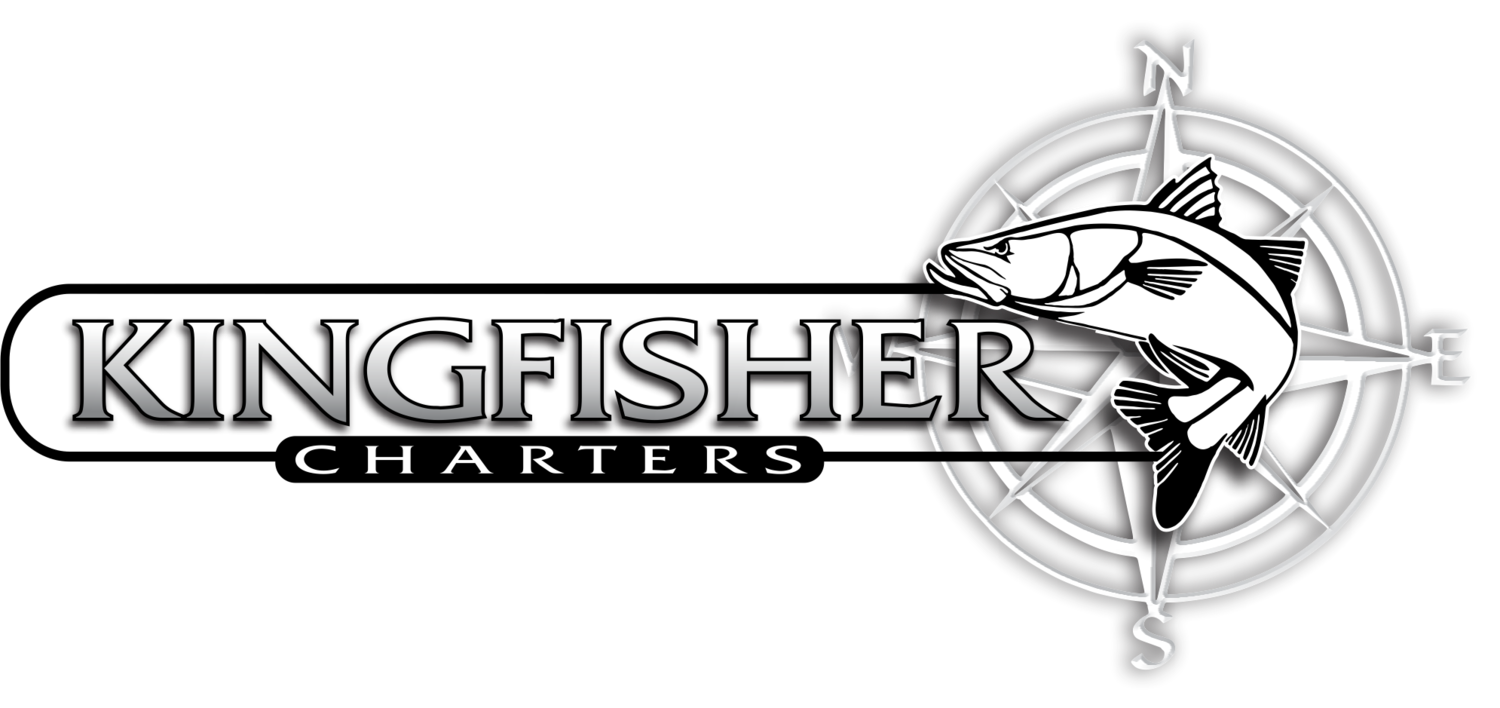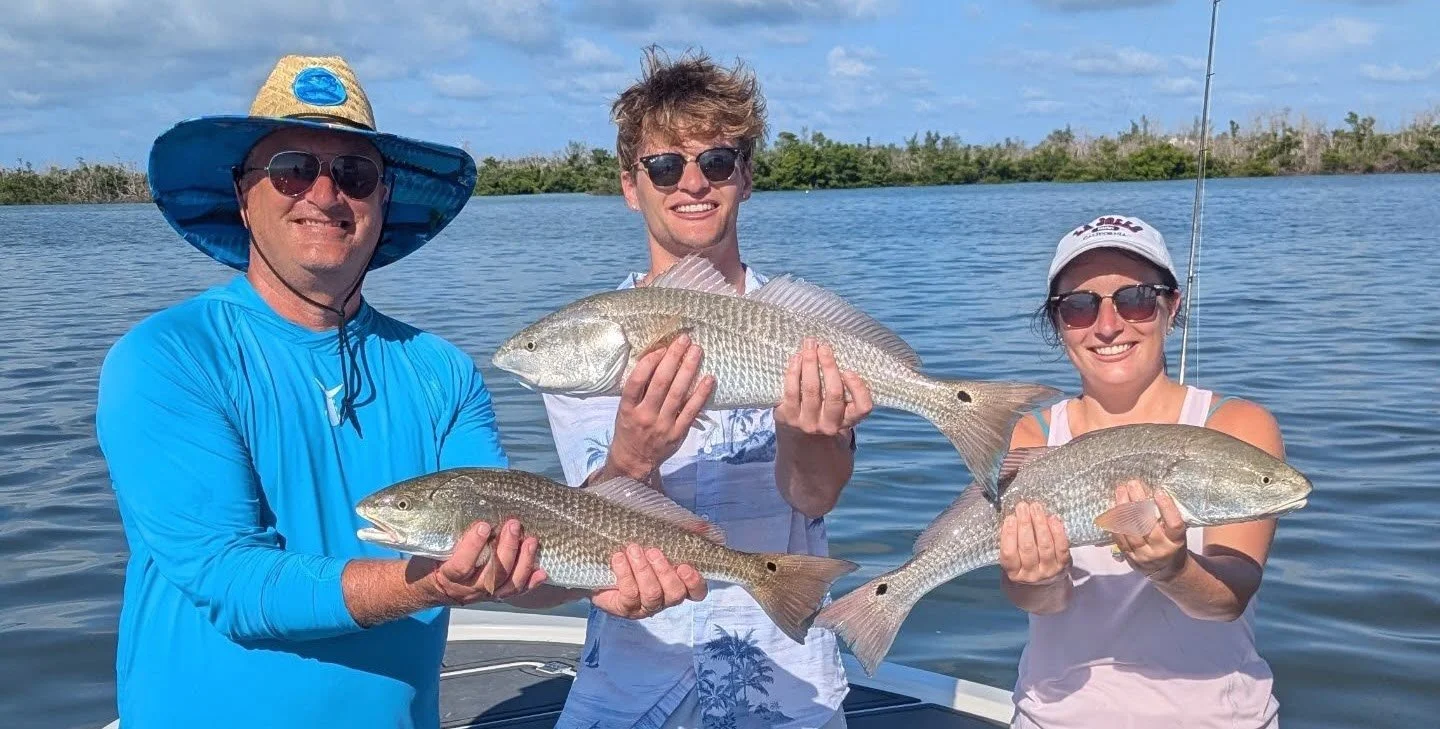February fishing in Fort Myers is late-winter fishing at its most dependable. The water is often clear, the crowds are lighter than peak spring, and the fish settle into patterns that repeat day after day. If you focus on structure, moving water, and the warmest pockets in the system, you can put together consistent inshore action with a real shot at quality fish.
January is the heart of winter fishing in Fort Myers. The water is usually at its coolest, cold fronts can roll through fast, and fish behavior becomes simpler and more predictable if you lean into the season instead of fighting it. That means less random searching, more targeted fishing around structure, deeper edges, and the warmest water you can find inside the system.
Winter in Fort Myers is not an off season for fishing. It is a shift in how and where fish feed. Cooler but still mild Gulf temperatures concentrate bait and gamefish in predictable places, from the mangrove edges of Pine Island Sound to the nearshore reefs and wrecks off Sanibel, Captiva, and Fort Myers Beach.
Each year, as Gulf waters around Sanibel and Captiva begin to cool, an extraordinary transformation takes place. The milky turbidity of summer tides fades, and suddenly the water clears to a glasslike sheen. Inshore, seagrass meadows and sandy potholes become visible again, while nearshore reefs take on the teal vibrancy found in postcards. This marks what many experienced fishermen know as the clear water season, a time when sight fishing becomes not only possible but deeply rewarding.
Fall on the Southwest Florida coast brings change to the tides, the weather, and the fishing. Ft. Myers, Sanibel Island, and Captiva sit at the center of this shift, where the Gulf of Mexico meets a maze of backwaters, mangroves, and grass flats. For fishermen, this season is a time when bait schools flood into bays, predator fish feed heavily to prepare for cooler waters, and the opportunities range from sight casting to redfish in the shallows to chasing grouper on offshore ledges. This overview explores the species available during the fall months and the conditions that shape their behavior, with each category of habitat covered in detail: inshore, nearshore, and offshore.
Late summer shifts tarpon activity inside the Fort Myers, Sanibel, and Captiva region. The fish leave the open beach lanes and gather in interior waters where depth, structure, and bait align. Productive places include San Carlos Bay and the Causeway corridor, Pine Island Sound edges from St. James City to Captiva, Matlacha Pass and its feeder creeks, and the Caloosahatchee River from the river mouth to downtown Fort Myers. Depth across these targets commonly spans 8 to 30 feet depending on the feature. That range fits the fall pattern and the forage that stacks in lanes, eddies, and shadow lines.







